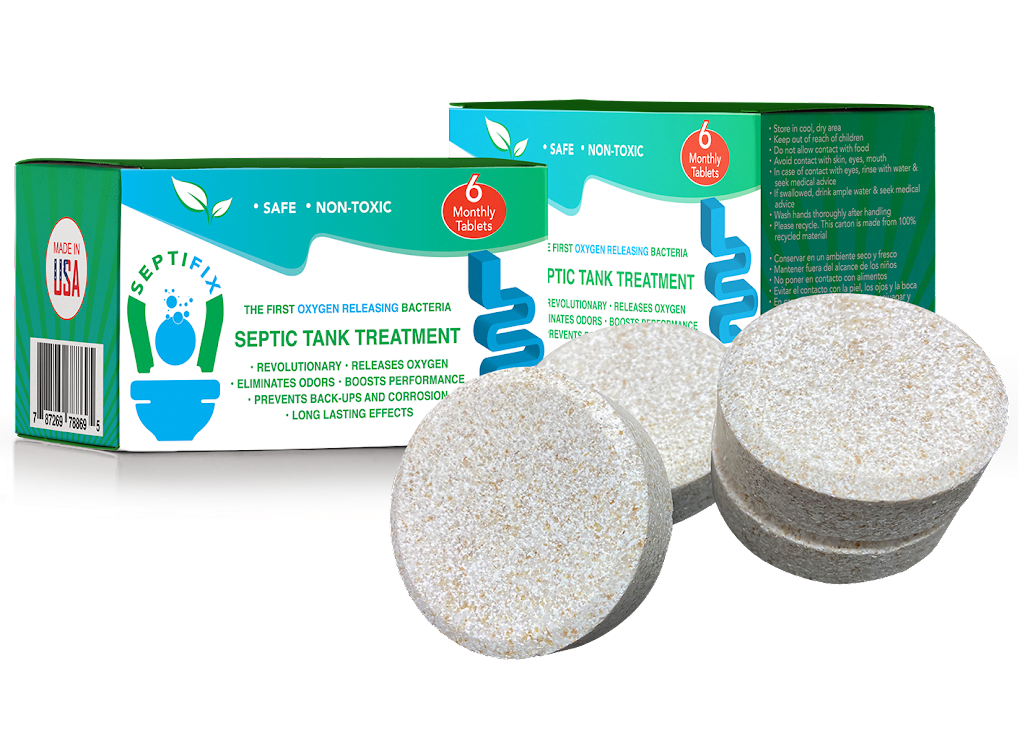When it comes to septic systems, the visual cues on the surface can often be as revealing as any diagnostic tool. One such cue is the unusual wetness or sogginess around the drain field or other parts of the septic system. It’s not just an eyesore or inconvenience; it’s often a herald of deeper, more pressing issues with the septic setup.
Causes:
- Overfilled Tanks: When septic tanks reach their capacity, the excess wastewater can push its way out, resulting in soggy grounds.
- Drain Field Failure: The drain field’s primary function is to distribute wastewater into the soil for natural filtration. If it’s not working correctly, wastewater can pool on the surface.
- Inefficient Soil Absorption: Not all soils are created equal. Some types might not absorb and filter wastewater as efficiently, leading to surface pooling.
- Blocked Pipes: Blocked or damaged pipes can impede the regular flow of wastewater, causing backups and surface wetness.
- High Rainfall or Water Table: In regions with frequent rains or a naturally high water table, the ground may become saturated, making it difficult for the septic system to disperse water effectively.
Prevention:
- Regular Pumping: Ensuring that the septic tank is pumped out regularly can prevent overflows and the resulting ground sogginess.
- Drain Field Maintenance: Periodically inspect the drain field for signs of wear, damage, or inefficiency. Replacing parts or rejuvenating the soil can help in many cases.
- Soil Testing: If you’re installing a new septic system or suspect your soil isn’t absorbing water efficiently, get the soil tested. The results can guide decisions about the septic design or the need for soil amendments.
- Gutter and Drainage Management: Ensure that home gutter systems and other drainage mechanisms direct rainwater away from the septic system, particularly the drain field. This can prevent unnecessary saturation.
- Vegetative Cover: Planting appropriate vegetation around the septic area can help absorb excess moisture. However, care should be taken to select plants with shallow roots that won’t intrude on septic components.
- Monitor Water Usage: High water usage can stress your septic system. Ensure that your household practices efficient water use and promptly fix any leaks.
In conclusion, while a soft, squelchy patch of lawn might not seem like an immediate cause for alarm, when it’s in the vicinity of a septic system, it demands attention. Addressing ground wetness or sogginess early can prevent more severe complications like total system failures, which can be both inconvenient and costly. By adopting a vigilant stance and routine maintenance, homeowners can ensure that their septic system remains dry on the surface and efficient beneath.

SEPTIFIX will save you hundreds, if not thousands of dollars each year, because your septic system will run smoothly and you won’t have to worry about calling the pumpers or a plumber for a fix!
Click here to save up to 50%


